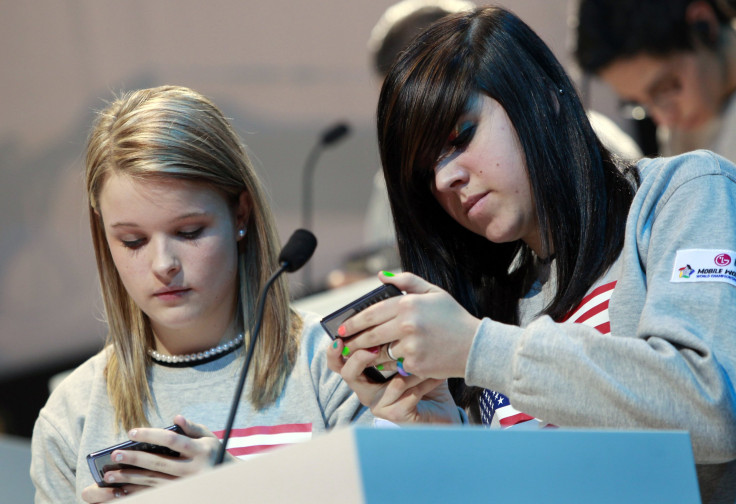Teen Clothing Retail Trumped By Gadgets, Food As Status Symbol

Clothes may make the man, but an iPhone makes a teenager.
Apparel brands like Aeropostale (ARO:US), American Eagle Outfitters (AEO:US) and Abercrombie & Fitch Co. (ANF:US) have fallen out of favor with teens. The mall-based retailers are reporting low earnings for the first quarter. But the problem goes deeper than a harsh winter that hurt retail sales across the board: Young shoppers simply don’t care about clothes as much as they used to.
“In 2005, fashion apparel was how you signaled your popularity. Today it’s food,” Stephanie Wissink, senior research analyst at PiperJaffray, told the International Business Times.
“For the first time ever in 13 years of research, food -- the experience of dining out -- is prioritized over product,” Wissink said. In 2013, 21 percent of teens’ expenditures went to clothing. Food, events, movies and music accounted for 33 percent of their spending.
When they do shop, young consumers are looking for gadgets rather than clothes. “Fashion apparel for the teenager is not the first considered purchase,” Wissink said. Teens see electronics as “popularity devices, not utilities.”
“Technology is providing increasingly strong competition for teens' and young adults' spending money,” said Marcia Flicker, associate professor in Business Enterprise at Fordham University. “Will they buy the iPhone 6 when it comes out, or be stuck with the slower iPhone 5? Or, even worse, still have an iPhone 4?" While the way teenagers communicate their social status has changed, its importance hasn’t.
“When the recession hit, retailers all hunkered down and said, ‘We just have to survive long enough to get through this recession and the teen will come back and the sky will open up again,’” Wissink said. Now, realizing that teens have shifted their spending patterns, many have reacted by closing stores, moving to e-commerce and strategizing more effective ways to communicate via social media.
“There’s still a place [for teen retailers], but collectively as an industry, it needs to be smaller, more nimble and more focused on engagement,” Wissink said.
© Copyright IBTimes 2025. All rights reserved.






















